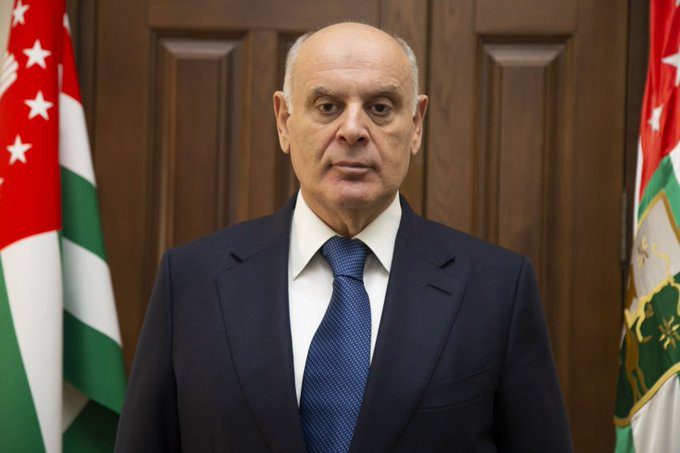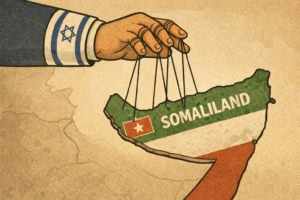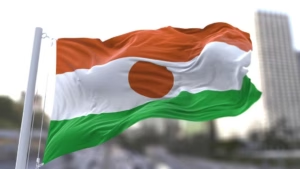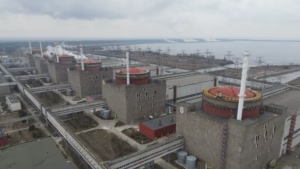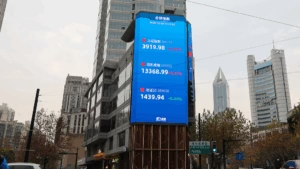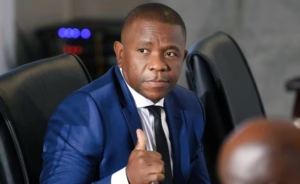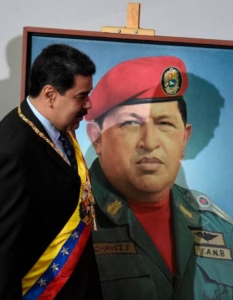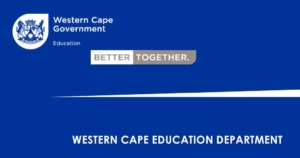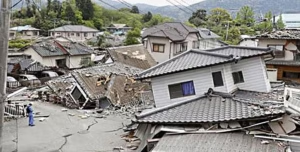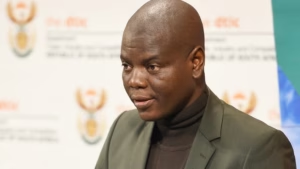Unrest has gripped the capital of Abkhazia, Sukhum, with President Aslan Bzhania describing the events as an “attempted coup.” The turmoil began amidst parliamentary discussions about a contentious agreement with Moscow, which would allow Russian companies to invest in the region. Opposition groups claim the deal disproportionately benefits Russian businesses and have demanded Bzhania’s resignation.
The agreement with Moscow has become a flashpoint in Abkhazia’s political landscape. Critics argue that it would grant Russian enterprises undue advantages, threatening local economic sovereignty. These concerns led to widespread protests, with demonstrators storming government buildings on Friday. Clashes between protesters and police resulted in several injuries.
President Bzhania has strongly defended the proposed agreement, emphasizing Russia’s crucial role in Abkhazia’s independence and security.
“The day we commemorate as the declaration of Abkhazia’s independence is the day Russia officially recognized us. To a significant extent, Russia plays a vital role in ensuring our security,”
he remarked, underscoring the strategic partnership with Moscow.
In Abkhazia, protesters cut down the fence near the parliament and continue to demand the president’s resignation. pic.twitter.com/7g2xyX8Jae
— SYMBOL OF HOPE🫡 (@Chipropro) November 17, 2024
Bzhania accused opposition groups of exploiting anti-Russian sentiments for political gain. He alleged that their actions were part of a broader effort to destabilize the government and subvert democratic processes.
“They want to impose a forceful option on our voters,”
he said, adding,
“Is this an attempt at a coup? It is an attempt. It is not over yet.”
In a bid to de-escalate the situation, Bzhania’s administration announced the postponement of the agreement’s ratification. Officials assured protesters that their grievances would be considered once government buildings were vacated. However, the president firmly stated his intention to remain in office and address the unrest through dialogue.
“I am committed to staying in office, but I am open to holding early elections,”
Bzhania said, signaling his willingness to negotiate while refusing to be ousted under pressure.

